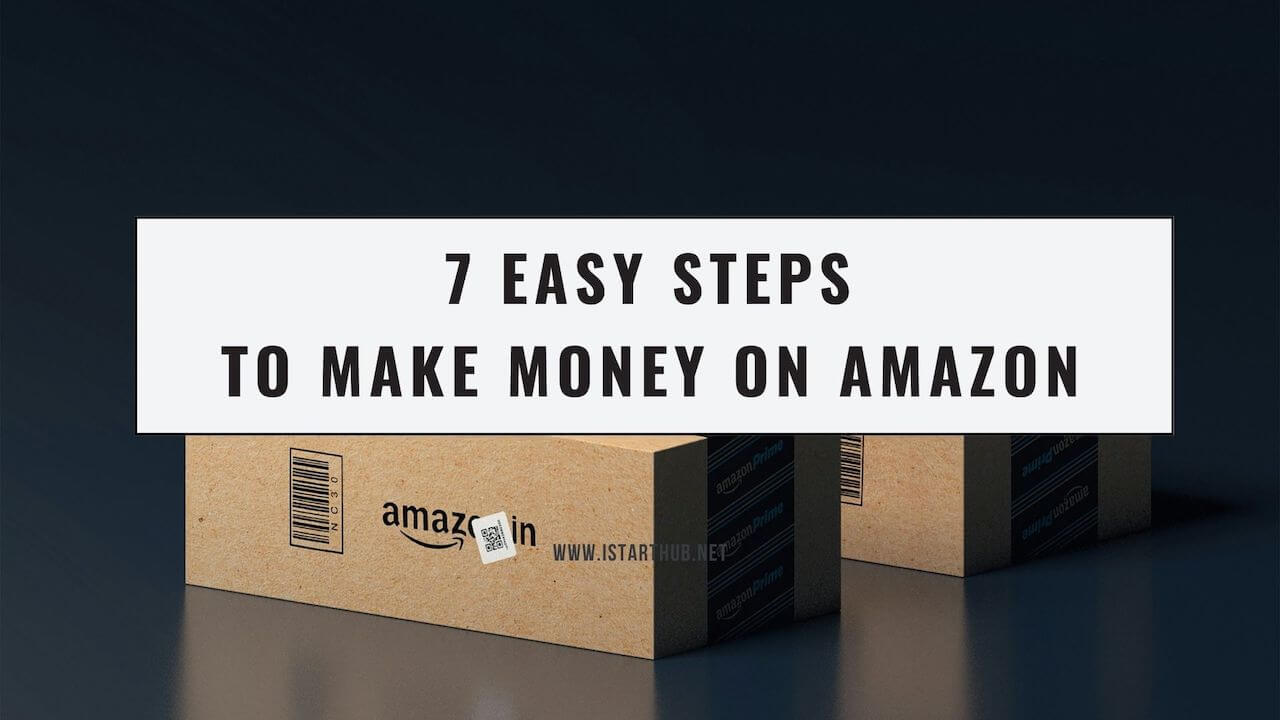In a world where innovative ideas are born every second, turning a novel concept into a functioning business can seem like scaling a mountain, especially when it comes to financing.
Startups are unique entities with distinctive challenges, and perhaps the most pivotal of these is acquiring the necessary funding to launch and sustain operations. Whether you are developing groundbreaking technology, orchestrating a service revolution, or anything in between, fast financing can be the wind beneath your startup’s wings, propelling it from mere ideation to a flourishing reality.
This article aims to demystify the realm of startup financing, illuminating not just the ‘why’ but the ‘how’. Together, we’ll explore diverse funding options, navigate the steps to secure them, and delve into the common pitfalls to avoid during the process.
Financing Options for Startups
A startup’s success relies on many factors. Among others, one of the most important is having enough financial resources to create a product or service that the market will patronize. From research and development to marketing, you’ll need money. Below, we’ll explore some options to help you secure quick funding.
1. Loans and Grants
Small business loans are borrowed sums that need to be repaid with interest but allow you to retain full ownership of your startup.
More so, various government agencies, non-profit organizations, and even corporations offer grants, which are funds that don’t require repayment.
Additionally, a fast loan advance can provide quick, albeit small, financing. These loans are typically easy to obtain, with faster approval times than traditional loans. They can be a lifeline for a startup in need of immediate funding, although the amount is usually modest. Therefore, it might be beneficial to pair this option with other financing methods.
2. Venture Capital
Venture Capital (VC) firms are often at the frontline when it comes to fast financing options for startups. These entities plunge substantial investments into high-potential startups, with the anticipation of hefty returns.
Securing a VC deal can result in an immediate surge of funding, transforming the trajectory of a startup’s growth and expanding its operational capabilities overnight.
Furthermore, VCs bring along a network of industry professionals and potential partnerships.
However, fast financing through venture capital often comes with the caveat of equity trading, impacting the startup’s ownership structure.
3. Angel Investors
For startups at their inception looking for swift funding, angel investors can be an invaluable resource. These are high-net-worth individuals investing their funds in exchange for equity or convertible debt.
The speed of angel investments can often surpass institutional funding methods, as decision-making processes are generally shorter.
Along with speedy financing, angel investors often offer mentorship and industry insights.
Nevertheless, such quick financing may require ceding a significant portion of your company’s ownership.
4. Bootstrapping
Bootstrapping presents a fast financing option that rests solely on the founder’s shoulders. By drawing upon personal savings or initial startup revenue, founders can sidestep time-consuming fundraising processes, maintaining total control over their venture.
This method provides instant access to capital, as long as the founders are willing to shoulder the financial risk.
The downside, however, is that it could restrict growth due to the limited pool of available funds.
5. Crowdfunding
In the age of digitization, crowdfunding platforms offer an innovative avenue for startups to secure fast financing.
By sourcing small investments from a large online crowd, startups can bypass traditional financial intermediaries and gain immediate access to funds.
Crowdfunding not only democratizes the funding process but also doubles as an effective marketing tool.
However, the success of a crowdfunding campaign is not always guaranteed, and the competitive nature of these platforms can pose challenges.
Other Tips for Securing Fast Startup Financing
Once you’ve identified the right financing options for your startup, the next challenge is to secure the funding quickly. Let’s explore a practical approach to hasten this process.
Prepare a Compelling Business Plan
Whether you’re pitching to venture capitalists or launching a crowdfunding campaign, a compelling business plan is crucial for launching a startup. This document should clearly articulate your business model, market analysis, organizational structure, and financial projections. A persuasive plan can accelerate investor decisions and secure faster financing.
Get Your Financials in Order
Ensure that your startup’s financial documents are accurate, up-to-date, and readily available. This includes financial statements, tax returns, and cash flow projections. Prompt and transparent access to these records can expedite investor trust and the subsequent funding process.
Build a Strong Network
Building relationships with potential investors and industry insiders can fast-track your access to financing. Attending industry events, participating in startup incubators, and leveraging online platforms can help in effective networking. A warm introduction often leads to a faster investment decision.
Understand Investor Expectations
Different financing options come with varied investor expectations. Venture capitalists, for example, might seek high-growth potential and an exit strategy, while crowdfunding contributors might be satisfied with product samples or discounts. Understanding and meeting these expectations can speed up the funding process.
Be Ready to Negotiate
Quick funding doesn’t mean you should accept the first offer that comes your way. Be prepared to negotiate terms, whether it’s about the valuation of your startup, the percentage of equity offered, or the interest rate on a loan. Being ready to negotiate shows investors your business acumen and can lead to faster agreement closure.
Conclusion
Fast financing for startups is a critical factor that can determine the pace at which your venture can evolve and succeed. While there’s a spectrum of options available, from venture capital and angel investment to bootstrapping, crowdfunding, and fast loan advances, the key lies in understanding the unique needs of your startup and aligning them with the most suitable funding sources.







